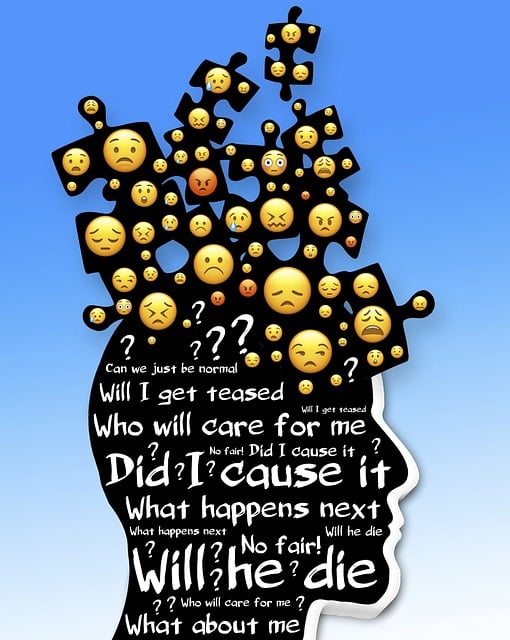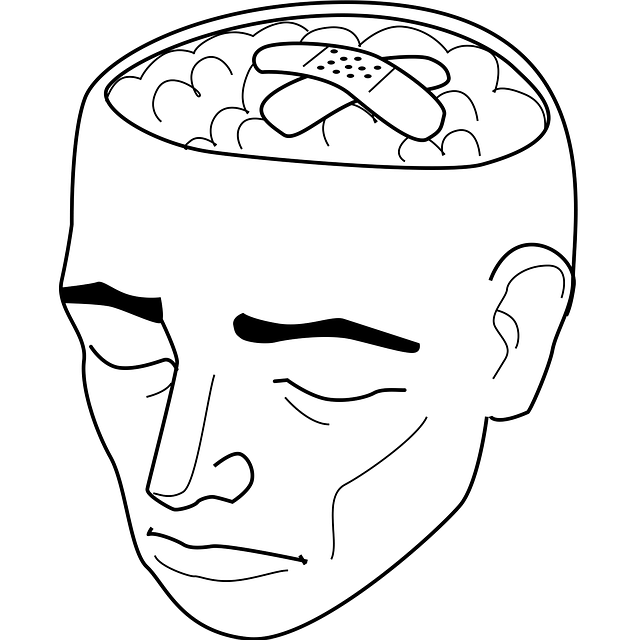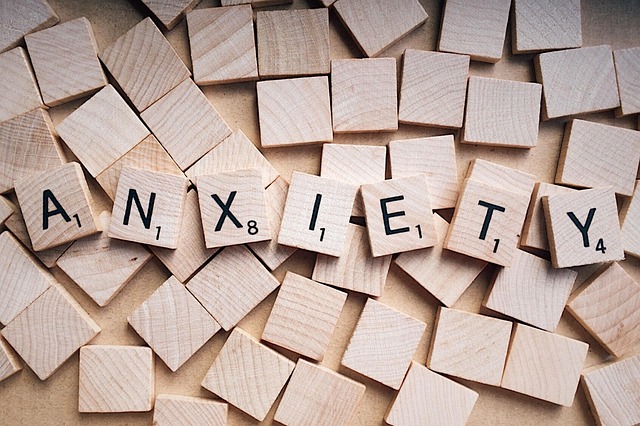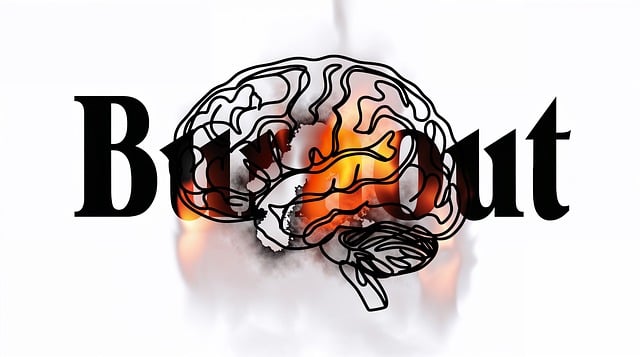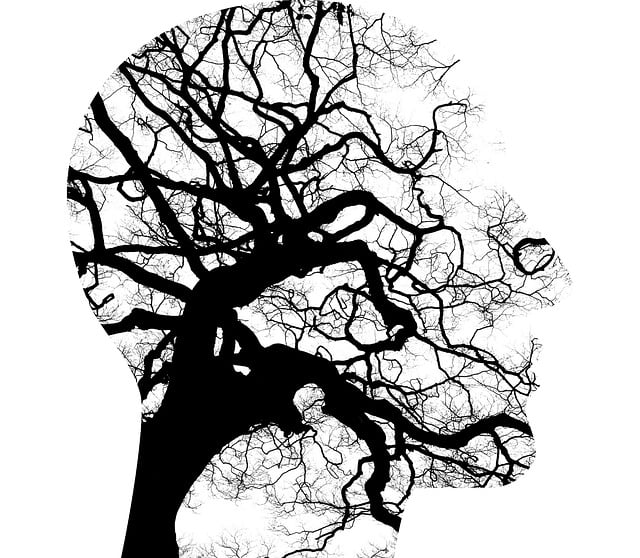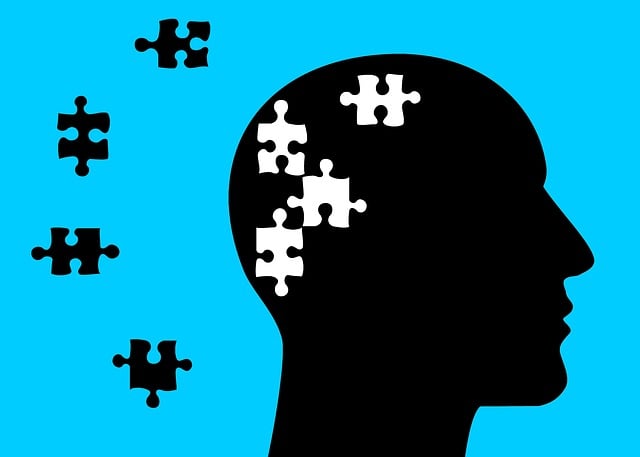Media portrayal significantly influences public understanding and perceptions of mental health, with positive, accurate depictions reducing stigma and negative or stereotypical representations marginalizing vulnerable populations. Organizations like Littleton Crisis Counseling Therapy (LCCAT) prioritize emotional healing processes through media literacy and cultural competence training for mental health professionals to offer optimal support. LCCAT's innovative approach goes beyond immediate crisis intervention, focusing on guiding individuals through their emotional landscapes to build resilience and promote self-care practices. By challenging stereotypes and promoting nuanced understanding, LCCAT and similar initiatives can revolutionize mental health representation in media, fostering empathetic public discourse and depression prevention.
In today’s media landscape, the representation of mental illness plays a pivotal role in shaping public perception. This article explores the profound impact of media portrayal on mental health attitudes, highlighting the need for accurate and empathetic storytelling. We introduce the Littleton Crisis Counseling Therapy (LCC) approach, a unique perspective that challenges stereotypes often depicted in popular media. By identifying misconceptions, we empower positive change through media literacy and collaboration, fostering a more understanding and supportive society.
- Understanding the Impact of Media Portrayal on Mental Health Perception
- The Littleton Crisis Counseling Therapy Approach: A Unique Perspective
- Identifying Stereotypes and Misconceptions in Popular Media Depictions
- Strategies for Promoting Accurate and Empathic Mental Illness Representation
- Empowering Positive Change through Media Literacy and Collaboration
Understanding the Impact of Media Portrayal on Mental Health Perception

Media portrayal plays a significant role in shaping public understanding and perceptions about mental health. The way mental illness is depicted in movies, television shows, and news media can influence how society views individuals living with these conditions. Positive and accurate representations can help reduce stigma, foster empathy, and encourage support for those seeking help. Conversely, negative or stereotypical portrayals may perpetuate misconceptions, leading to further marginalization of already vulnerable populations. This is especially relevant when discussing issues like depression, anxiety disorders, and even more severe cases, such as the Littleton Crisis Counseling Therapy scenario, which highlights the potential impact on viewers’ mental health perceptions.
Understanding these effects is crucial for healthcare providers, particularly in light of the growing importance of risk management planning for mental health professionals. Effective media literacy among mental health professionals can enhance their ability to provide culturally competent care by understanding how media influences patient perspectives and expectations. Furthermore, regular Healthcare Provider Cultural Competency Training and stress management programs can empower practitioners to address these issues, ensuring they are equipped to offer the best support in a complex social landscape where media influence is profound.
The Littleton Crisis Counseling Therapy Approach: A Unique Perspective

The Littleton Crisis Counseling Therapy (LCCAT) Approach offers a unique perspective in addressing mental illness representation in media by emphasizing emotional healing processes. This innovative methodology recognizes that effective counseling goes beyond immediate crisis intervention; it involves guiding individuals through intricate emotional landscapes to foster resilience and self-discovery. LCCAT practitioners are adept at facilitating conversations around mental health, encouraging self-reflection, and promoting self-care practices as integral components of therapy.
By integrating risk management planning for mental health professionals, this approach ensures that individuals receive comprehensive support tailored to their unique needs. The focus on proactive risk assessment allows therapists to anticipate potential triggers and implement strategies to mitigate risks, thereby fostering a safer environment for emotional healing. This holistic view of crisis counseling sets the Littleton Crisis Counseling Therapy Approach apart, offering valuable insights into enhancing media representation of mental health while prioritizing effective treatment practices.
Identifying Stereotypes and Misconceptions in Popular Media Depictions

In popular media, mental illness is often depicted through stereotypes and misconceptions that can be highly damaging. Portrayals range from exaggerated and sensationalized to completely inaccurate, contributing to a lack of understanding and empathy among the general public. These depictions frequently fail to represent the nuances and diversity of mental health experiences, leading to further stigmatization. For instance, many movies or TV shows use mental illness as a plot device for dramatic effect, often reducing complex conditions to simplistic and often harmful narratives.
A notable example that highlights this issue is the infrequent accurate representation of anxiety disorders and their impact on individuals’ lives. Instead, media frequently portrays anxiety as something that can be easily overcome through sheer willpower, neglecting to show the reality of living with chronic anxiety or panic attacks. This fails to offer an authentic view of what those who suffer from these conditions experience daily. Organizations like Littleton Crisis Counseling Therapy play a crucial role in challenging these stereotypes by promoting accurate and empathetic representations through various initiatives, including mindfulness meditation and compassion cultivation practices aimed at Anxiety Relief.
Strategies for Promoting Accurate and Empathic Mental Illness Representation

To promote accurate and empathetic mental illness representation in media, it’s crucial to involve experts like those from Littleton Crisis Counseling Therapy. These professionals can provide insights into the nuances of various mental health conditions, ensuring that portrayals are not only realistic but also sensitive. By consulting with therapists and mental health advocates, media creators can avoid stereotypes and cliches, fostering a more nuanced understanding among audiences.
Incorporating stories that highlight the human experience behind mental illness is another effective strategy. This includes showcasing characters grappling with challenges while emphasizing their resilience, strengths, and the effectiveness of coping skills development. Encouraging open dialogue about mental health awareness and depression prevention through these narratives can help destigmatize discussions around these issues.
Empowering Positive Change through Media Literacy and Collaboration

Media plays a powerful role in shaping public perception about mental health, and this influence is especially significant when it comes to fostering positive change. By promoting mental health awareness through media literacy programs, we can empower individuals to navigate the information they consume critically. This approach encourages a more nuanced understanding of mental illness, challenging stigmatized narratives and stereotypes often perpetuated by mainstream media.
Collaborative efforts between healthcare providers, therapists like those at Littleton Crisis Counseling Therapy, educators, and media professionals are essential. Together, these stakeholders can develop comprehensive educational initiatives that not only inform the public about various aspects of mental health but also offer practical burnout prevention strategies for healthcare providers. Such collaborations ensure that crisis intervention guidance is accurately represented, promoting effective support systems within communities while encouraging open conversations about mental wellness.
The representation of mental illness in media has a profound impact on societal perceptions and understanding. By challenging stereotypes and misconceptions, we can foster empathy and reduce stigma. The Littleton Crisis Counseling Therapy approach offers a unique perspective, emphasizing the importance of accurate and empathetic portrayals. Through media literacy education and collaborative efforts, we can empower positive change, ensuring that media depicts mental illness with nuance and respect, ultimately contributing to better mental health support and awareness.

